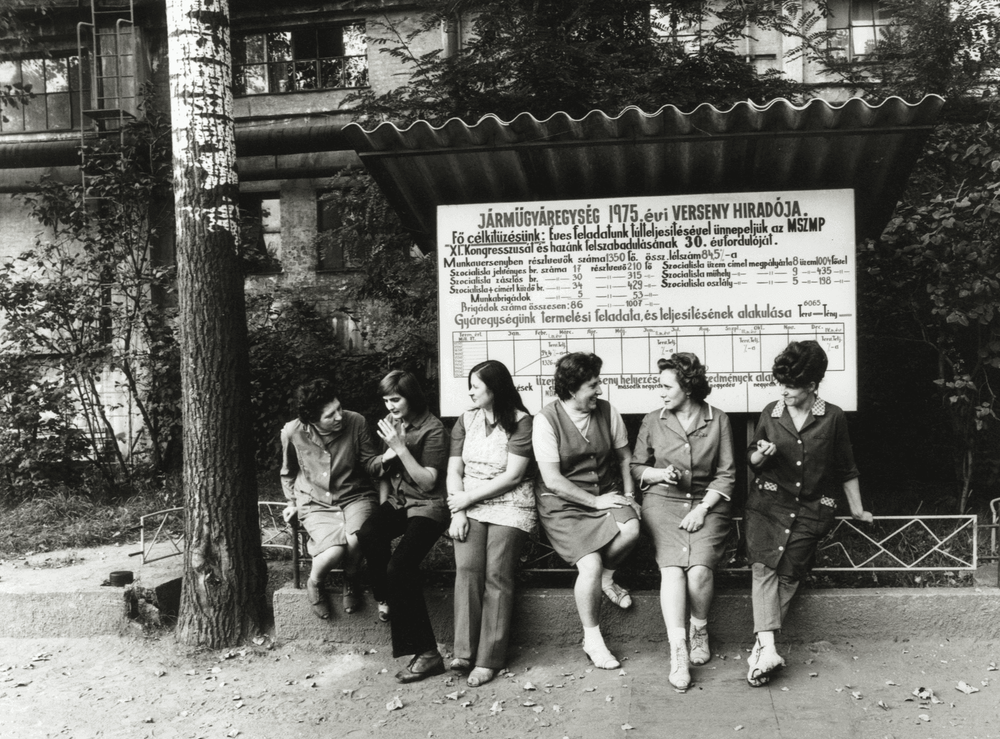A Gendered Critique of Labour Relations in State Socialist Hungary
Júlia Turgonyi’s research into the everyday realities of women workers in state socialist Hungary stands as a striking example of applying social science methods with the aim of improving women workers’ conditions. As a trade unionist and researcher at the Social Science Institute of the Central Committee of the Hungarian Socialist Workers’ Party, Turgonyi conducted fieldwork directly in conversation with numerous women across factories and other industrial sites. She carefully solicited and systematically recorded their input.
In the late 1960s, she visited six factories, including a pharmaceutical factory in Debrecen and a textile conglomerate in Budapest, to gather testimonies from women about their working and living conditions. Turgonyi collected information about wages, education, family life, political participation, and welfare benefits. But these interviews and discussions were more than surveys – they were platforms for working women to express their frustrations and aspirations both at work and outside of it. The women who met Turgonyi were fully aware that she was a party- and state-sponsored interlocutor. Women spoke out about the exhaustion of overtime work, gendered barriers to promotion, the undervaluation of housework, as well as the emotional toll of raising children while holding down full-time jobs.

Socialist brigade at the Csepel car factory, Budapest, 1976 (Photographer: Irén Ács, source: Hungarian National Museum)
In group discussions with textile workers in particular, many voiced concerns about the lack of access to education, their sexist work environment, the inadequate childcare facilities, and the persistent wage gap between men and women. These conversations often revealed how little state policy responded to women’s actual needs despite official claims of gender equality. Some women criticized maternity leave policies that, while seemingly supportive, could ultimately be harmful for their long-term job security and reinforced misogynist assumptions about female productivity.
Turgonyi did not shy away from stressing these issues in her reports. She highlighted, again and again, the deep contradictions between socialist ideals and lived realities. When reflecting on the barriers she faced in her research, she acknowledged the absence of a party-approved framework for understanding the “woman question” in Hungary, observing that the socialist authorities had long ignored it. Yet she persisted, insisting that recognizing the social value of women’s unpaid labor, addressing structural inequalities, and dismantling gendered stereotypes were essential tasks for any just society. Through her work, Julia Turgonyi made the voices of women workers heard – not just as abstract data points, but as people demanding change and fair treatment.




